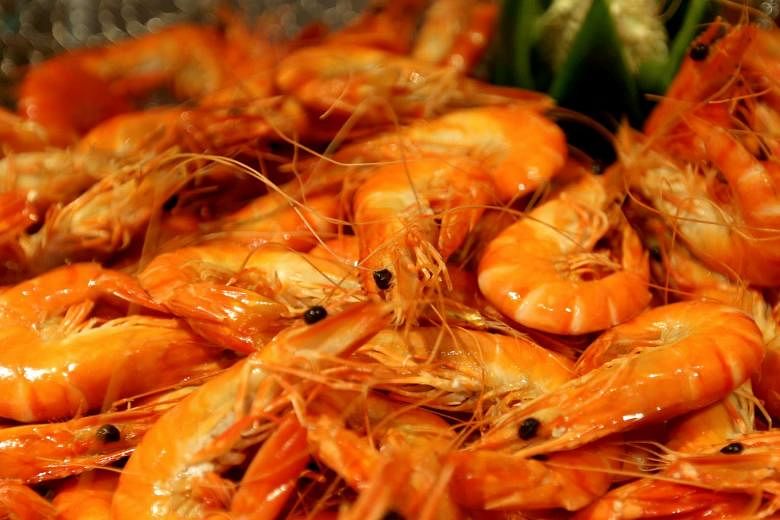In its editorial on April 25, the paper urges authorities to act fast to address questions about use of banned anti-biotics in Malaysian-farmed prawns.
When it comes to food, any alert over its safety is bound to set alarm bells ringing.
And we are not talking about unhappy customers posting on social media that they found a cockroach in the food served at a restaurant.
The import alert raised by the United States' Food and Drug Administration (FDA) over the alleged presence of banned antibiotics in Malaysian-farmed prawns and shrimp is surely cause for concern, as it is big business.
We are one of the 10 top exporters of these products to the Untied States and the authorities must act quickly to get to the bottom of the issue.
The use of the two antibiotics - nitrofurans and chloramphenicol - by farm operators to prevent disease in prawns and shrimp is not new.
We also know for a fact that these antibiotics are potentially harmful for human consumption and that they are banned in both Malaysia and the United States.
So how did they slip through the net, so to say?
The Agriculture and Agro-based Industry Ministry claims that the export of frozen prawns from Malaysia to the United States was arranged on a "willing buyer, willing seller" basis and that no official seal of approval concerning its safety was required.
There is thus no monitoring process to ensure that these products meet the safety requirements of the countries that they are exported to.
It is telling that while the FDA alert applies to prawns from the peninsula, it does not apply to Sabah and Sarawak.
Does this mean that farmers in these two states do not use these two antibiotics?
The Malaysian Shrimp Industry Association has also categorically denied that the shrimp came from Malaysia. We need to investigate this matter thoroughly.
To put things in perspective, those in the agro-based industry often find ways to get their products to consumers in as short a time as possible.
In livestock production, antibiotics are given to animals for a number of different reasons: the treatment and prevention of disease and primarily growth promotion.
As an aquaculture expert puts it, there are various ways prawn farmers can use to combat diseases in shrimp and prawns, but some treatments are more time consuming and not as effective as using nitrofurans and chloramphenicol.
It has to be noted that the FDA import alert has also been issued to other countries, which proves that although the farmers are aware of the risks, they continue to use these two substances, hoping that they would not be caught.
Major shrimp and prawn supplying countries in Asia depend on the use of these antibiotics to prevent diseases in farmed seafood.
Such an attitude is not to be condoned.
Just as we would be up in arms if unsafe food from other countries hits our markets, we must also ensure that our products are safe all the time.
Take the bird's nest industry, for example, when China banned our products in 2011 because of their excessive amounts of nitrite.
That really shook up the industry, as China was the top export market for Malaysian bird's nests.
The ban was lifted three years later but only for selected Malaysian producers that had ensured their processed products were safe.
And these are the producers that are doing extremely well now because consumers are willing to pay a higher price when safety is guaranteed.
A Malaysian standard is now being developed on the safe levels of nitrate content for consumption, and to meet stringent export requirements for China's market.
At present, only about half of the swiftlet farming companies were able to export bird's nests to China.
The new Malaysian standard would help up to 90 percent of the companies export their products.
Likewise, prawn farmers must allow themselves to be subjected to strict control and monitoring to ensure that their products are safe for consumption anywhere in the world.
There must be no shortcuts that compromise on safety. And we must not forget that incidents like this can have a larger impact on the nation's reputation.
We must act fast.
*The Star is a member of The Straits Times media partner Asia News Network, an alliance of 22 newspapers.

